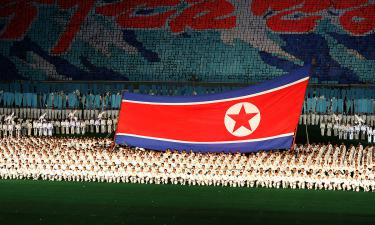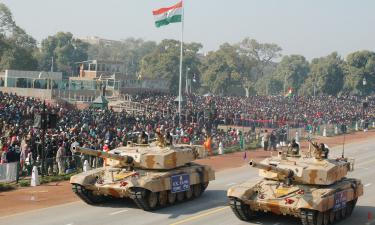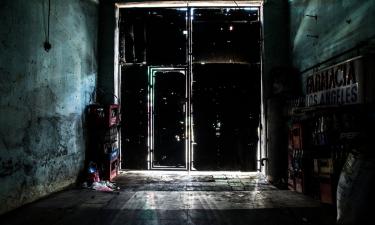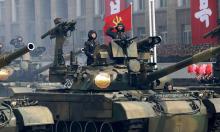North Korean missile launches shows deep gulf between Asian countries
As North Korea most certainly realized before test launching its missiles Wednesday, it is surrounded by a deeply divided region that is not in a good position to coordinate a forceful response.

Japan, for example, is embroiled in territorial disputes with both China and South Korea, which are also angry over Prime Minister Junichiro Koizumi's repeated visits to a Tokyo war shrine. Former North Korea mentor Russia, meanwhile, has been keeping a low profile. The United States, though strident in its criticism of North Korean leader Kim Jong Il, has pressing concerns elsewhere, in Iraq and Iran.
The gap in national interests came to the fore almost immediately, as debate in the United Nations Security Council bogged down over how far the response should go.
Russia and China refused to back a Japanese resolution that would impose sanctions, calling instead for a strongly worded Security Council statement. The Japanese proposal would ban any country from transferring funds, material and technology that could be used in North Korea's missile and weapons of mass destruction programs, the AP reports.
North Korea has said that would amount to a declaration of war, the AP reports.
Even so, the United States,Britain and France strongly backed the Japanese draft, with U.S. Ambassador John Bolton saying Thursday that it has "broad and deep support." But, facing a possible veto by the Russians or Chinese, Japan was considering whether to back down and seek a weaker resolution without sanctions or a presidential statement that would be supported by all 15 council members.
Subscribe to Pravda.Ru Telegram channel, Facebook, RSS!




